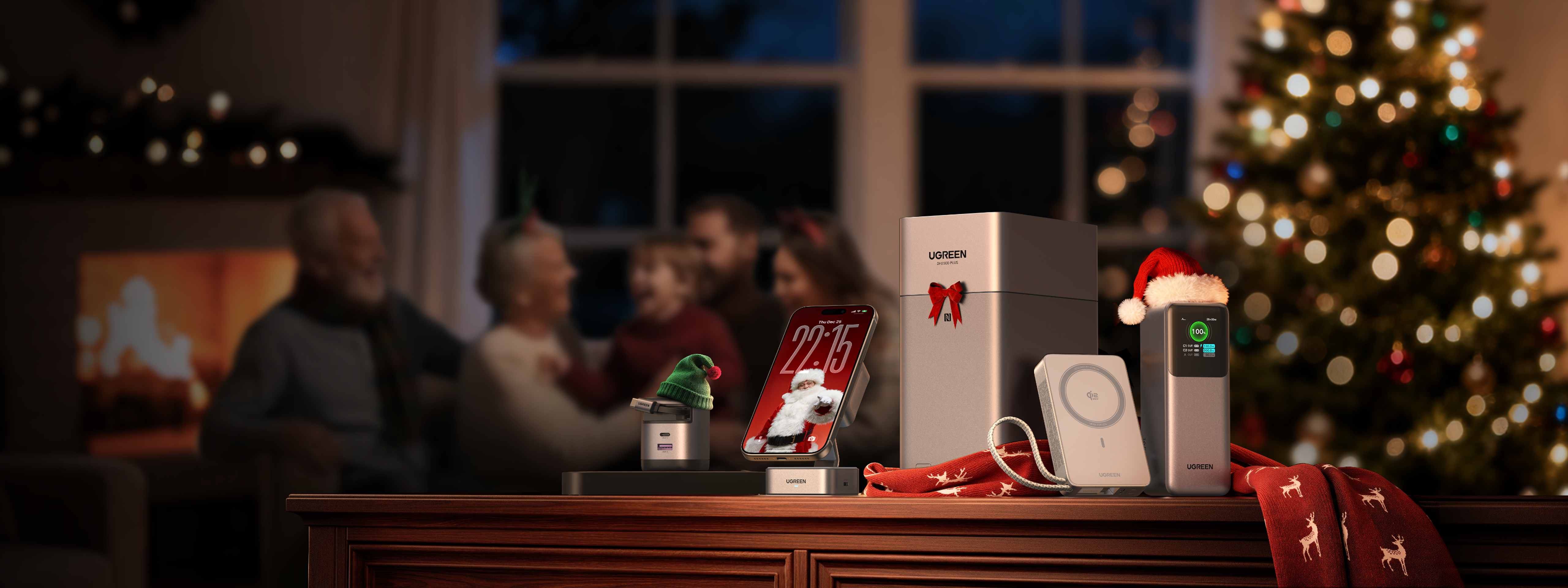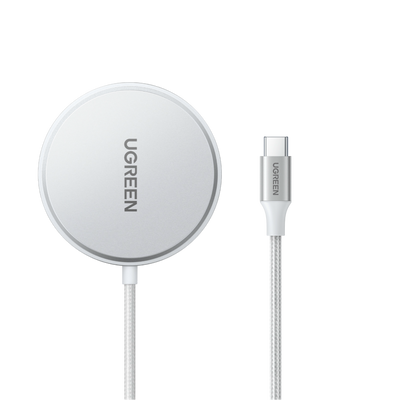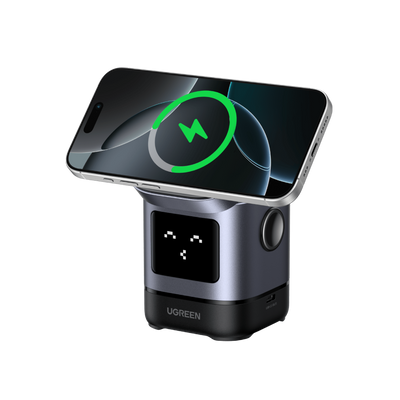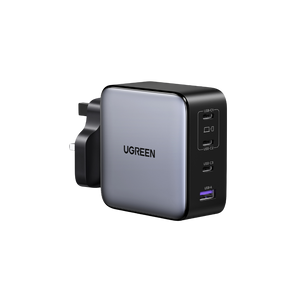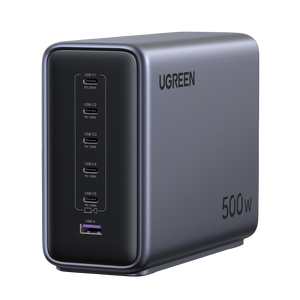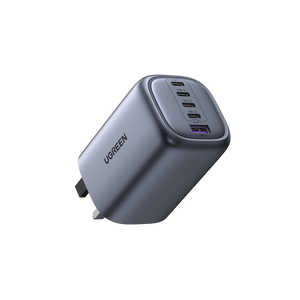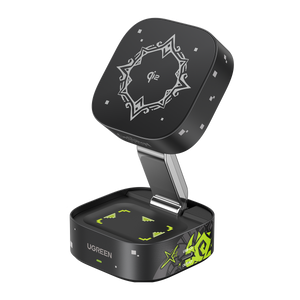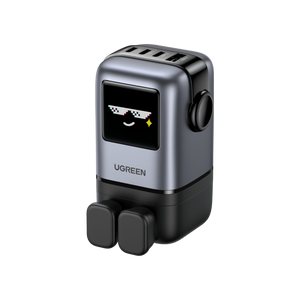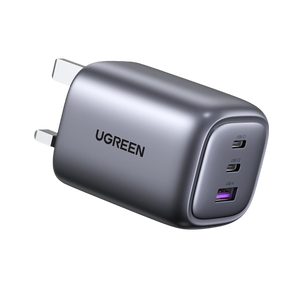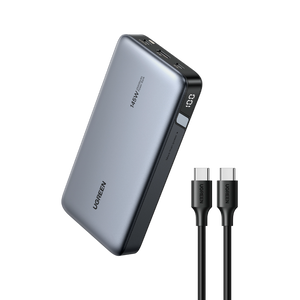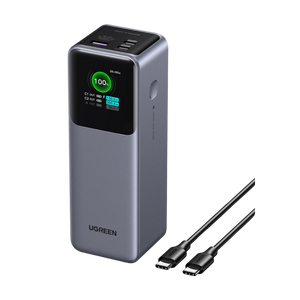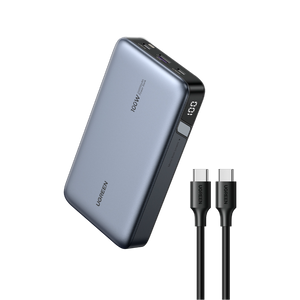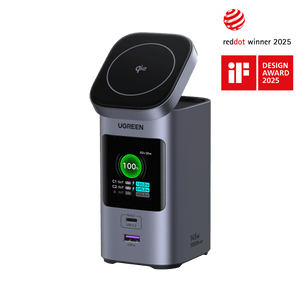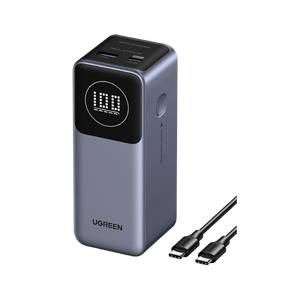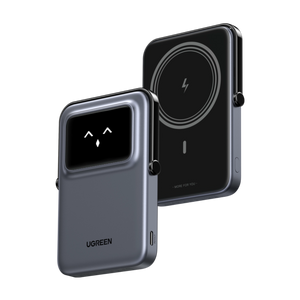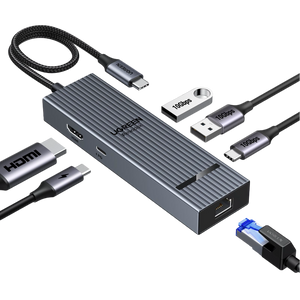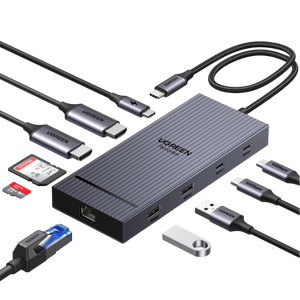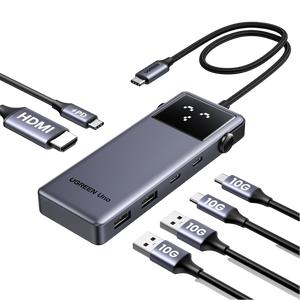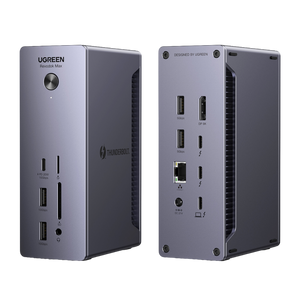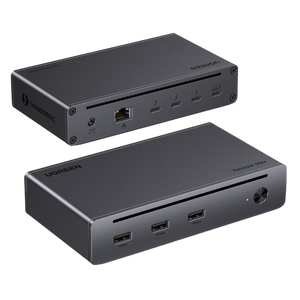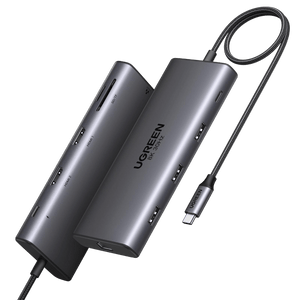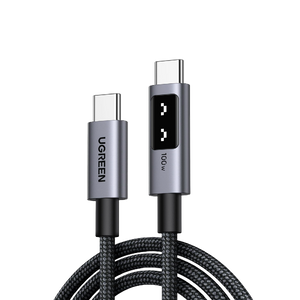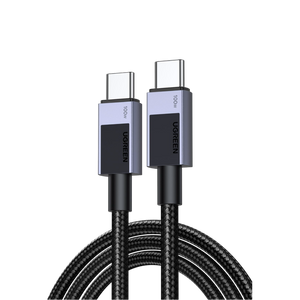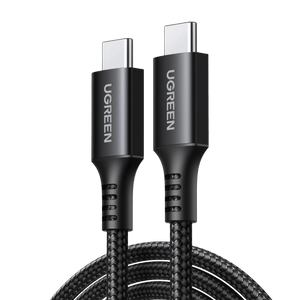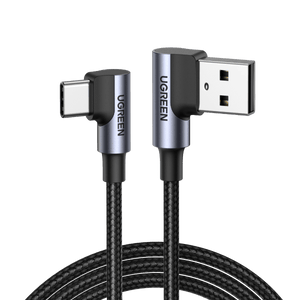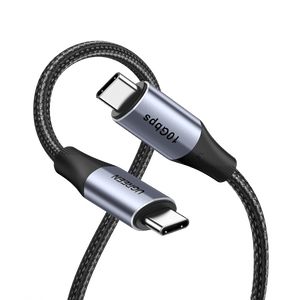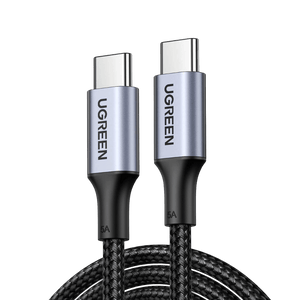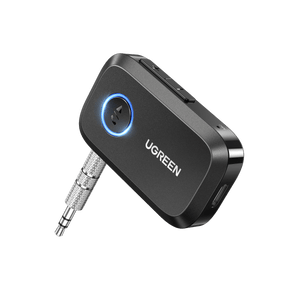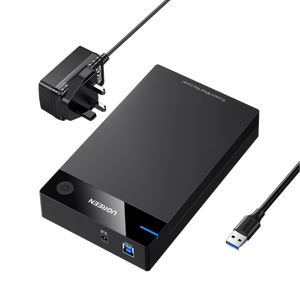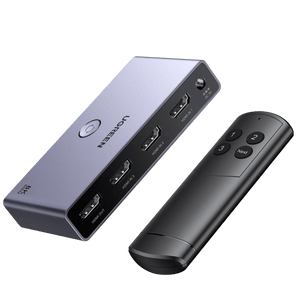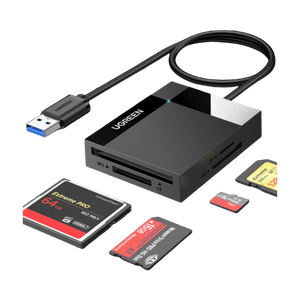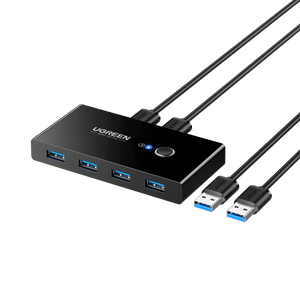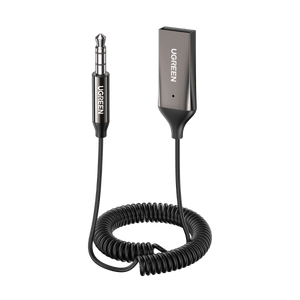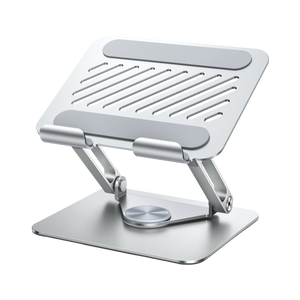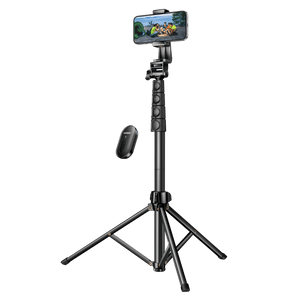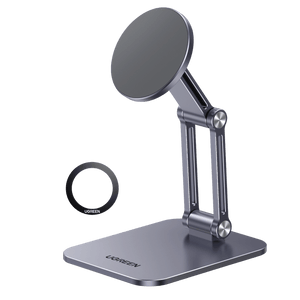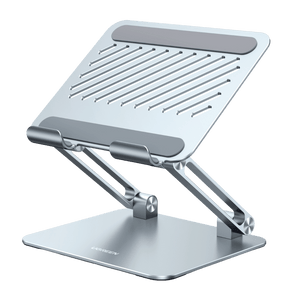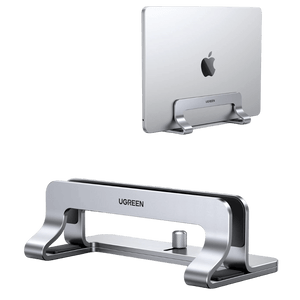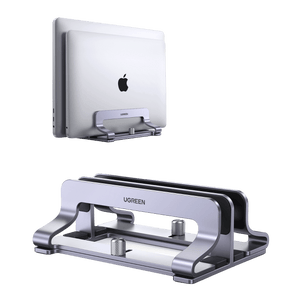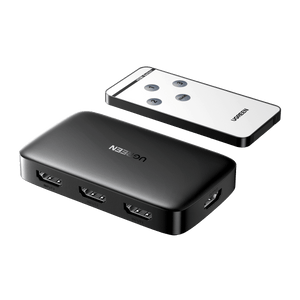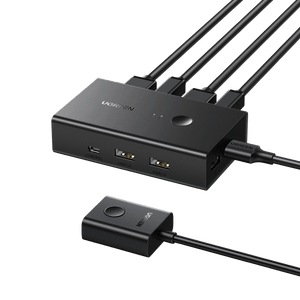Water in Your Charging Port? Here’s the Fastest Way to Fix It!
Many people have faced the problem of water getting in their charging ports, and the main question that they have is how to get water out of the charging port. Getting water in your phone's charging port can have a serious impact on its functioning. But you don't have to worry because most phones now can detect water protection and send warning messages to users.
If you are an iPhone user and there is water in the charging port, then you might get the message "Water is in your charging port; kindly unplug." For Android users, there is also a water damage prevention message. In most Samsung phones, you might see a water drop icon, which will signify that there is moisture in your ports and that you should dry it before charging and plugging it into the power outlet.
Are you curious to know more? In this article, we have mentioned some of the simple ways you can learn how to dry the charging port and maintain other charging ports. So, let's jump right into the article.
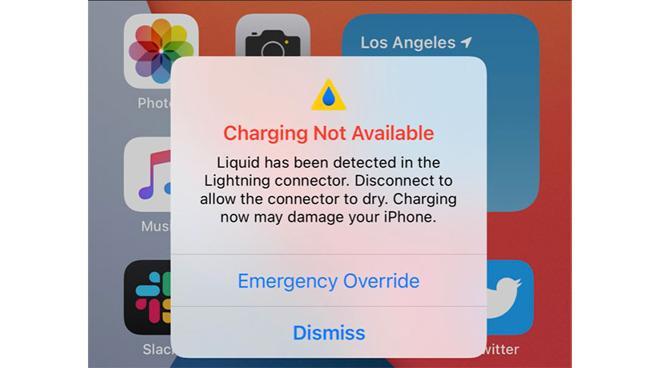
Image from https://www.syncwire.com/
Immediate Emergency Measures to Get Water Out of the Charging Port
Below, we have mentioned some of the major device protection tops that you can use when learning how to drain water from a charging port.
1. Power Off the Device
If you have water in the charging ports, the first immediate action you need to take is to immediately turn off the device. This is essential to prevent electrical sparks, which can occur if water comes into contact with the internal components and leads to short circuits. Electrical sparks can cause significant damage, potentially rendering your device inoperable.
2. Dry the Charging Port
The next charging port maintenance is to gently tap the phone while making sure that the charging port is facing downwards. This will help dislodge any excess water that might be in the charging port. Avoid shaking the phone vigorously. Shaking can cause water to enter deeper into the device, worsening the situation. Gentle tapping is sufficient to encourage water to exit without causing further issues.

Image from https://www.wikihow.com/
3. Avoid Direct Heat
Another thing you can do when it comes to charging port troubleshooting is to keep the phone in a well-ventilated area. However, you should not keep it in a place where there is direct light or heat, as it can damage the internal part of the phone.
4. Let the Device to Dry
How do you get water out of the charging port? If this is a problem, the main thing you need to do is be patient. Allow your phone to sit for at least 24 to 48 hours to let all the water evaporate before attempting to use or charge it. Rushing to turn on the device too soon can lead to electrical shorts, so if the device still feels damp, it's best to wait even longer.
5. Check Your Phone Accessories
It is also important to check the phone accessories. Sometimes, the charging cable might also be wet, which can also lead to the warning message appearing on the phone again and again. This is why it is important to check the cables before using them to prevent any sparks.
Safe and Effective Drying Methods to Get Water Out of the Charging Port
There are many different methods of drying your charging ports. Below, we have mentioned some of the best and most effective ways to learn how to dry charging ports.
Natural Air Drying
The best way to dry your charging port is to let it air dry. You can leave it near a window or even a radiator where there is proper airflow, and it will safely dry all the water. You should keep letting the phone dry for at least 24-48 hours before turning it on and trying to charge it.
Using Silica Gel Packs
The silica gel packs are very effective at absorbing water or moisture. This is why you can place your phones in a sealed bag with these gel packs, as this will quickly dry your phone.
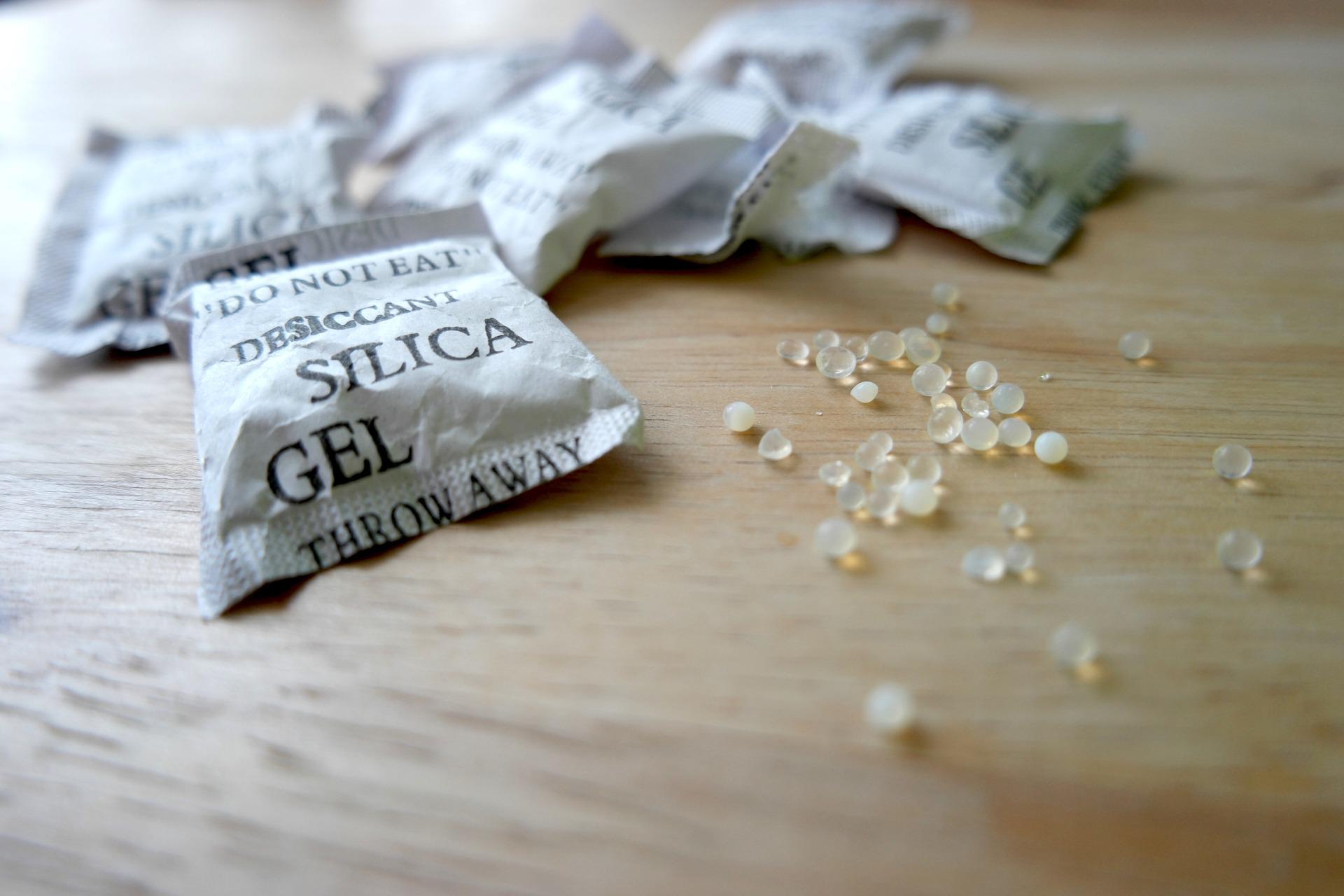
Image from https://www.popsci.com/
Positioning Near a Fan
ou can also position the phone near a fan so that proper air flows. This will evaporate all the water from the charging port, helping you with the entire process. This is a quicker method than letting it air dry.
Using Professional Drying Agents/Drying Bags
There are special and professional drying agents designed for electronics. You can invest in them, as they will absorb all the moisture from the electronics. This is an amazing method that will surely make it very quick for you to dry the water from the charging ports.
Low-Suction Vacuum Treatment
Some hoovers have low suction. This will help remove water from the charging ports, and the best part is that it won't damage the device. However, you have to make sure that the suction is very low so that it does not damage the device.
Temporary Charging Solutions: Wireless charging
You may find yourself in a situation where you need to use your phone, even if it has taken on water. However, we do not recommend using your phone in such cases for several reasons:
1. Risk of Electrical Damage: When water seeps into the charging port, turning on the device can lead to electrical shorts. Water is a conductor of electricity, and if it comes into contact with internal components, it can cause severe damage.
2. Potential Fire Hazards: Using a wired charger on a water-damaged device can create electrical sparks, which pose a risk of fire. This not only risks further damage to your phone but also creates safety hazards for you.
3. Further Water Ingress: Operating the device while it is still wet may cause water to penetrate deeper into the internal components, exacerbating the damage.
If you find yourself needing to use your phone in an emergency despite water damage, the best alternative is to use a wireless charger.
Why Wireless Charging is Safer:
● No Direct Electrical Connection: Wireless charging eliminates the need for a direct electrical connection, reducing the risk of electrical shorts and sparks.
● Convenience: You can simply place your phone on the charger without worrying about water in the charging port.

When using a wireless charger to power a water-damaged phone, please keep the following points in mind:
1. Try to avoid charging for extended periods. Since the device may have sustained water damage, prolonged charging could lead to overheating. Therefore, regularly check the temperature of your phone to ensure it doesn't get excessively hot.
2. Pay close attention to your phone's behaviour during charging. If you notice any unusual signs, such as overheating, flickering, or other odd responses, please stop charging immediately and assess the device's condition. This can help prevent further damage or safety hazards.
With these precautions in mind, if you're looking for reliable wireless chargers, you can find a variety of options on the market. Below, we've highlighted two excellent wireless chargers from UGREEN that are definitely worth considering.
UGREEN Uno 15W Qi2 Foldable Wireless Charger Stand
{{UGPRODUCT}}
The UGREEN Uno 15W Qi2 Foldable Wireless Charger offers a quick charging solution to keep your devices powered up in emergencies. With its impressive 15W fast charging technology, you can boost your iPhone's battery to 41% in just 30 minutes, or reach 28% in 20 minutes, ensuring you're back in action in no time.
Plus, it lets you charge your phone and earbuds simultaneously—your phone gets a rapid 15W charge while your earbuds receive a gentle 5W. There's also a 5W USB-C port for charging your Apple Watch, catering to all your device needs. The charming robot design and sturdy N48H magnets keep your devices securely in place, and once you adjust the charging angle, it doubles as a phone stand—perfect for watching videos or joining video calls. When you're in a pinch, the UGREEN Uno is your go-to charging companion!
UGREEN 15W Qi2 Magnetic Wireless Charger
{{UGPRODUCT}}
The UGREEN 15W Qi2 Magnetic Wireless Charger is your go-to choice for fast charging. With official Qi2 certification, its 15W fast charging technology ensures a safe and efficient charging experience.
This Qi2 charger is compatible with the iPhone 16-12 series and AirPods 3/2/Pro, and it also works with other Qi-certified wireless earbuds—just make sure they come with a wireless charging case. UGREEN's latest magnetic technology keeps your iPhone perfectly aligned while charging, providing a seamless experience.
Additionally, smart safety features give you peace of mind while you charge. With Qi2 certification and an intelligent chip for protection, it prevents overcharging and overheating. You might feel a slight warmth during charging, but it remains within safe limits. The included 1.5-meter braided USB-C cable is flexible and durable, making it convenient for charging anywhere.
Mistakes to Avoid During Charging Port Troubleshooting
Below, we have mentioned some of the main mistakes that you should avoid. So, let's look at some device protection tips.
Don't Place the Phone in Rice
Never place your phone in rice. The reason for this is that the moisture-absorbing process is very slow, which may cause water to penetrate deeper into the device. Additionally, rice grains can sometimes enter the device, potentially damaging the charging port or other components. Apple recommends using desiccant materials like silica gel packs, which are much more effective at absorbing moisture.
Don't Use External Heat Sources (Hair Dryers, Direct Sunlight)
External heat sources, such as hair dryers or direct sunlight, are not good for your phone. Samsung's customer support also advises that placing your phone in extreme conditions can lead to overheating, causing your device to slow down. Therefore, these methods are not recommended for drying out the charging port.
Don't Use Compressed Air
Many people blow on the charging ports, thinking it will help, but it can heat the interior of the phone, making your mobile very slow. Therefore, using compressed air, blowing, or even shaking the device is detrimental to the phone.
Don't Insert Foreign Objects (Cotton Swabs, Paper Towels)
Do not insert random and unnecessary objects like cotton swabs into the charging ports. This can cause short circuits and even problems in the ports' wiring. Another issue with this method is that you can even push water inside the device, which will damage not only the charging port but other parts of the phone.
Don't Use Alcohol-based Cleaners
Many people use alcohol-based cleaners to clean the water, but they are highly flammable, so it is best to avoid them. The electrical sparks in the phone can ignite with the alcohol and can cause a serious fire.
Don't Shake the Device Vigorously
People tend to shake their phones when they have water in them. This can cause the water to reach other delicate parts of the mobile, further weakening the case. This is why the phones should be air-dried to lessen the damage.
What to Do If the Problem Persists
If you've attempted to remove the moisture from the charging port but the problem still exists, there may be other factors at play. Here are two solutions to help you further diagnose the issue with your charging port.
Try Using a Different Cable
Sometimes, in addition to addressing the phone itself, you may need to check the charging cable. If the cable is damp, it could be contributing to the charging issues. It's best to replace it with a new cable and see if that resolves the problem.
Seek After-Sales Support from the Manufacturer
If you're still unable to resolve the issue after removing the moisture, consider contacting the manufacturer's customer support. They can provide expert advice and solutions to help you address the water damage in the charging port.
Conclusion
Many problems can arise with phones. One common problem is water in the charging ports. This is why it is important to keep them clean all the time so that you don't face this problem. We hope this article was beneficial for you and that you now know how to get water out of the charging port. Also, make sure to check out UGREEN for the best wireless chargers.



